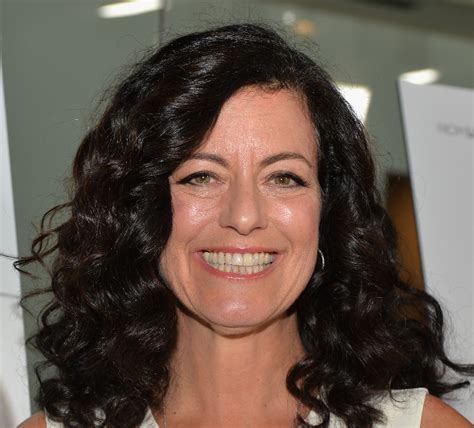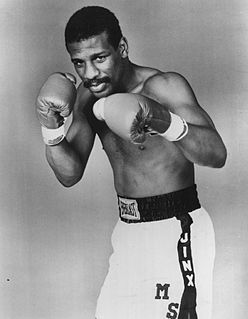A Quote by Kevin Sessums
I wrote an essay too, and mine started something like, "When I was asked to contribute to this book, I said, 'I could do a piece on [Larry] Kramer as a pain in the ass, but I suppose you have too many of those, as it is.'" And Sarah's began something like, "When I read about America's angriest AIDS activist, I can't believe they are talking about my sweet Uncle Larry."
Related Quotes
[Larry Kramer] even wrote this angry letter to the president of Yale, and in it he said what he said to us, that he was so disappointed in his straight friends because of AIDS and everything. He wrote the letter around March. And in it he wrote, "I usually go to the Trillins for Christmas, but I just couldn't do it this year."
The book was just something that came along after we played the Super Bowl and I wrote a little essay that went online. Then I had two or three weeks and I said, wow, that essay was pretty good. Maybe I'll try and write some other stuff. Writing about the depression, I just felt - you know, when you write a book like this, you have to open up your life. You have to be willing to do so to a certain degree.
I had heard everything, Larry gonna knock me out, he gonna beat me, this and that. I got so sick of that. I had a little talk with myself in my bedroom and I said, Don't think about getting in the ring with Larry Holmes, I mean, Don't forget Larry Holmes is getting in the ring with you. You're champ for so many years. And just do what you're best at. What I am best at was not letting anybody have their way with me in the ring.
When I read Matt Ruff's book, that was my first encounter with learning about sundown towns, and I was like 'What?' Like, you can't make this up. If I wrote this horror movie talking about sundown towns where you can't be black after dark in America, people be like, 'OK, we get the metaphor,' and it's like, no, that's real. It's not a metaphor.
I'm reminded of an interview Larry King had on his talk show with one of Michael Jackson's sisters. He's talking about how many millions she made on her latest record, and all of a sudden, she looks at him tearfully and says, "Larry, you know, I'm not interested in money or sales or songs. I'm a spiritual person." And I thought, "Oh my god..."
It may be hard to remember how difficult it was for people to talk about HIV/AIDS back in the 1980's and because of both Ronald Reagan and Nancy Reagan - in particular Mrs Reagan - we started a national conversation, when before nobody would talk about it, nobody wanted to do anything about it. Something that I really appreciate was her very effective but low-key advocacy, but it penetrated the public conscience, and people began to say "hey we have to do something about this too.






























